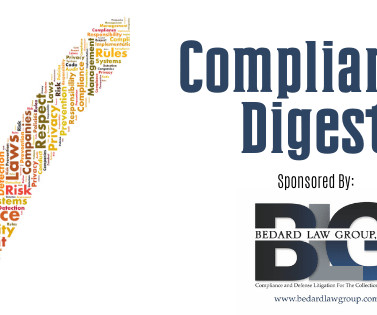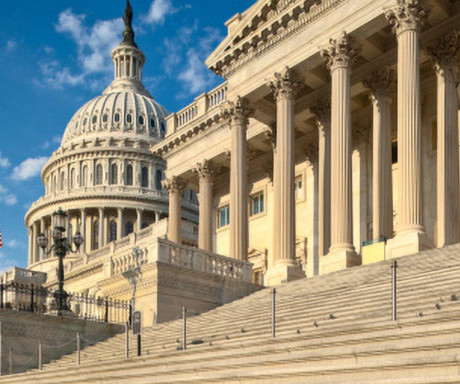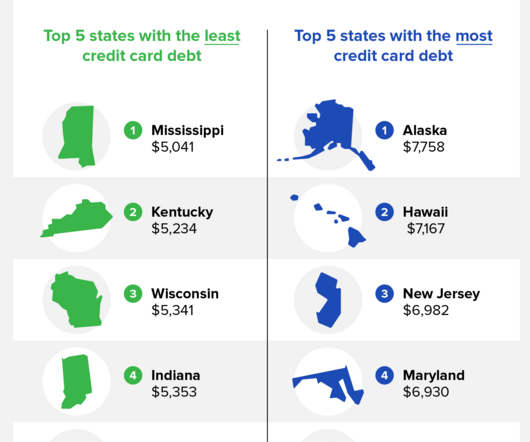Compliance Digest – February 24
Account Recovery
FEBRUARY 24, 2025
District Court for the Eastern District of Texas granted the CFPBs unopposed motion for a 90-day stay in the litigation filed by Cornerstone Credit Union League and Consumer Data Industry Association (the Plaintiffs). WHAT THIS MEANS, FROM AYLIX JENSEN OF MOSS & BARNETT: OnFebruary 6, the U.S. More details here.















Let's personalize your content